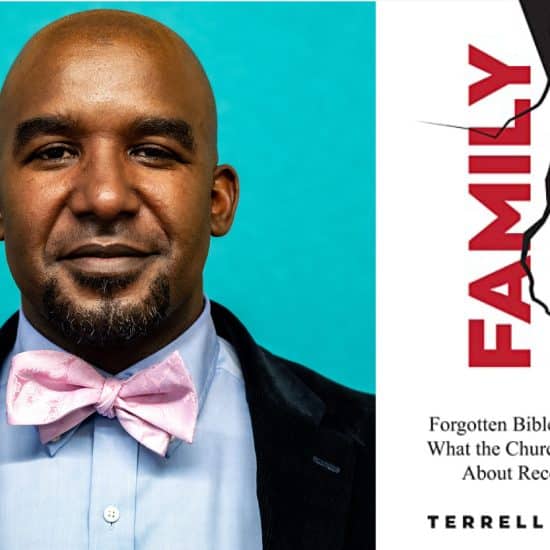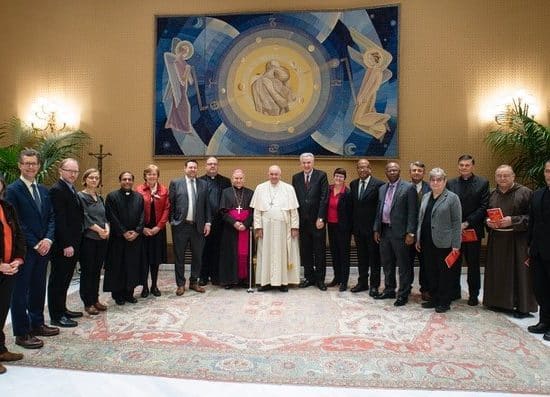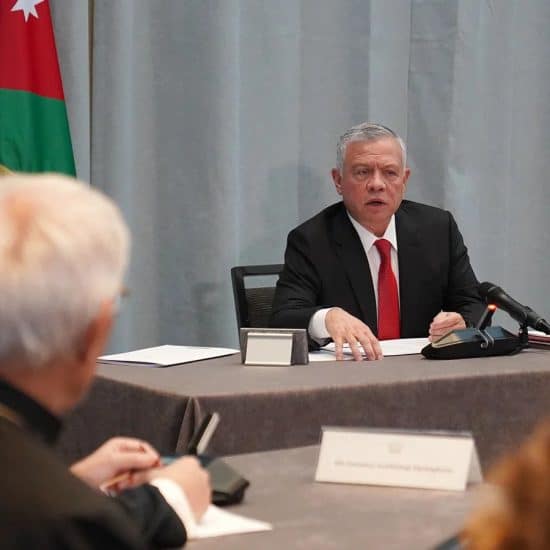
|
RICHMOND, Va.—Peaceful living in a fear-provoking environment is challenging, even—maybe especially—for Christians. The unpredictable 21st century isn’t likely to settle down any time soon.
Church leaders suggested several ways Christians can confront fear.
Evaluate information wisely
Verify statements such as mass-distributed e-mails and confront the senders if they aren’t true, said Derik Hamby, pastor of Randolph Memorial Baptist Church in Madison Heights, Va.
“False e-mails are forwarded with no fact checking. When you receive one, don’t just delete it. Look up the story, and if it is false, share in love that it is. When unkind comments are made, look for teachable moments to address the group targeted,” Hamby said.
“Take a sabbath from technology,” said Bill Shiell, pastor of First Baptist Church in Knoxville, Tenn. “Watching the Weather Channel all day only makes you afraid of storms. Not every ‘breaking news’ story is newsworthy. Read Snopes.com (a fact-checking website) before forwarding e-mails.”
Counter the culture
“Start a conspiracy of kindness,” Shiell said. “For every rumor you hear about a politician, public figure, minister or church member, do something kind for someone else secretively. Spread rumors about how great someone is.”
Maintain spiritual disciplines
“The tried and true spiritual practices of prayer, worship, Bible reading, hymn singing and giving away our possessions in tithes and offerings remind us that our faith is good news after all,” said George Mason, pastor of Wilshire Baptist Church in Dallas. “We will only experience freedom from fear when we are exercising our faith in the face of it. We can’t say we believe and then pull back our hearts and gifts in acts of self-preservation.”
Shiell encouraged increased church involvement. “One of the greatest witnesses and testimonies we demonstrate to the world is by going to church, giving generously and living obediently,” he said. “Our behavior counteracts all fears.”
Be transparent
Being open about fears can reduce their power, Hamby said.
“Talk about specific fears in open forums where people can talk about them,” he said. “Encourage folks to name ‘the elephant in the room’ and why they are afraid. … Name the fear. Put it out there. Make it a visible prayer concern.”
When changes in congregations provoke fear, take time to address it, Shiell suggested.
“Slow down those votes for change,” he said. “Most churches’ vote for change could be addressed with more time. Because people are living in fear, they get more upset about unnecessary things, especially at church. Allow more time for people to process things before votes.”
Confront the fear
Find a group that church members fear—such as another religion or ethnicity—and plan an activity with them, said Chuck Warnock, pastor of Chatham (Va.) Baptist Church.
“Carefully planned visits to local mosques or cultural centers can help others learn customs and practices that in the end are not so foreign from our own,” said Warnock. “Befriending Hispanic agricultural workers or offering English-as-a-Second-Language classes at church are ways to help, as well as to get to know those whom we fear.”
Shiell agreed, adding: “Following Jesus’ model with the woman at the well or with Zaccheus the tax collector, churches can build a relationship with someone their community is afraid of. Volunteer at a public school, and usually you can find an opportunity to learn more about the poor, minorities, immigrants, homosexuals, Muslims, sinners and saints.”
Speak out
Sometimes bolder measures are called for, Warnock said.
“Christians must lend their voices to reasonable conversations about differences in a pluralistic society because that is the right and ethical thing to do,” he said. “Love is a powerful force that can bridge great cultural divides, heal ancient wounds and bind people together with hope for the future.”
Be patient
“We need to show pity to people who are afraid,” Shiell said. “Sin creates unhealthy fear, and we are dealing with so many who do not know any other way to react. Patience and pity cause us to love the fear-monger. Most people spreading conspiracy theories are just crying out for attention and something to hold onto that gives them significance. You can replace all that with a listening ear.”
Trust God
“Remember that God has not been surprised by one world or local event yet,” said Shiell. “I learned that from my ninth grade Sunday school teacher.”






